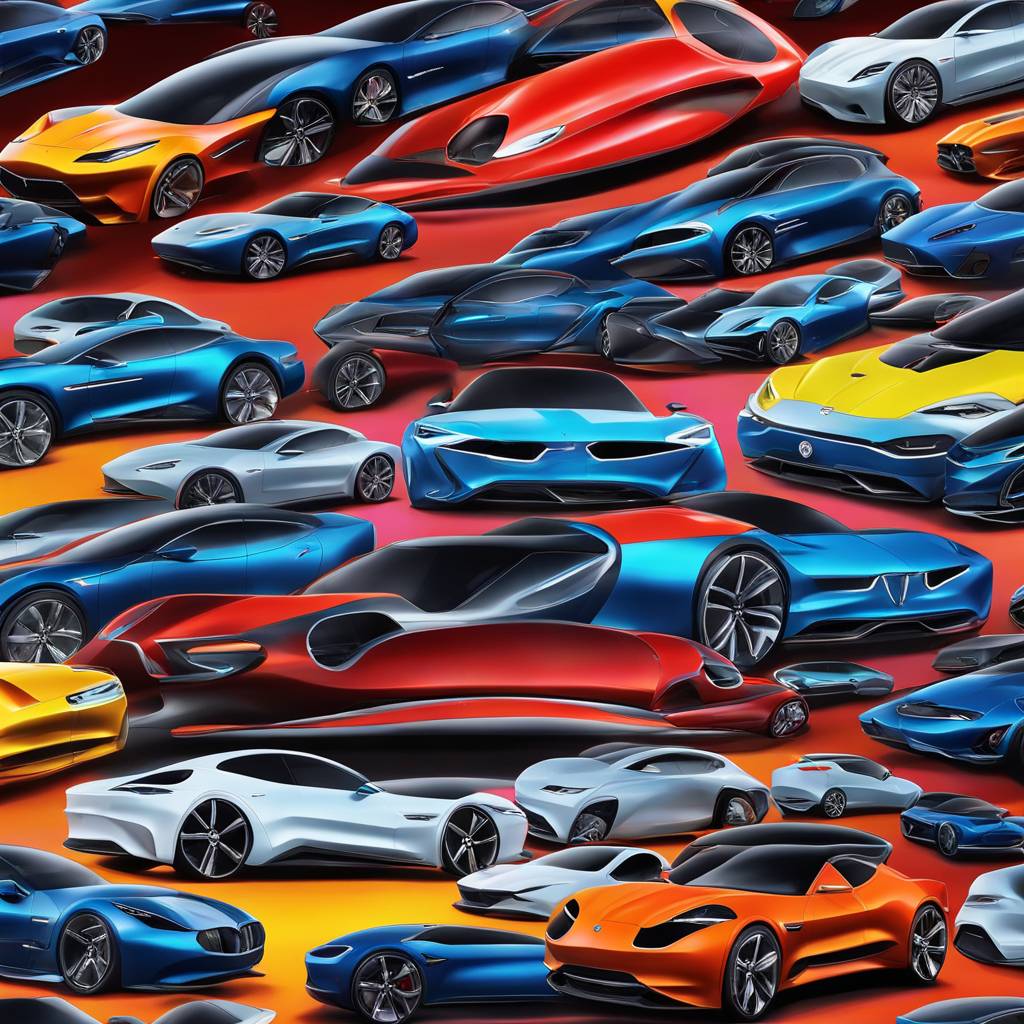Shares of Fisker, a California-based electric vehicle startup, were halted on Monday as the company faces financial troubles. Fisker had warned in an earnings report in March that it might not have enough cash to survive the year, leading to a significant drop in the value of its shares. The company had previously traded for as much as $28 per share in February of 2021, but now shares are worth less than 10 cents each, reducing the total market capitalization to less than $50 million.
Fisker had been in talks with a major automaker in hopes of securing a deal, with Reuters reporting that discussions with Nissan had taken place. These talks were focused on Fisker’s planned electric pickup, the Alaska. However, negotiations fell apart without an agreement, adding to the company’s challenges in the competitive EV industry. The struggles faced by Fisker are indicative of the difficulties and obstacles that exist within the growing EV market.
Founded in 2016 by CEO Henrik Fisker, the company’s sole product is the Fisker Ocean electric SUV, manufactured in Austria by Magna Steyr. Despite the production of 10,000 SUVs last year, only about half had been delivered to customers, further highlighting the company’s operational issues. Henrik Fisker had opted to outsource manufacturing to Magna in an effort to reduce risks by avoiding investment in its own facilities, similar to other major automakers.
Fisker had also announced plans to produce a smaller and more affordable EV called the Pear, with negotiations with Foxconn to manufacture the vehicle in Ohio. However, these discussions did not materialize, contributing to the company’s challenges. Furthermore, bad news continued to mount for Fisker with a negative review of the Ocean by American YouTube tech personality Marques Brownlee, causing a significant drop in the company’s stock price following the release of the video.
The Ocean also received criticism from Consumer Reports, which highlighted issues with ride quality and software performance, while acknowledging positive features such as cargo space and rear seat legroom. Henrik Fisker acknowledged quality problems with the Ocean in an interview, attributing the issues to software challenges from various suppliers that were being addressed with updates. However, the company faced growing competition from established automakers offering similar electric SUVs, including Tesla, Hyundai, Kia, Ford, and General Motors, which posed a threat to Fisker’s market position.



